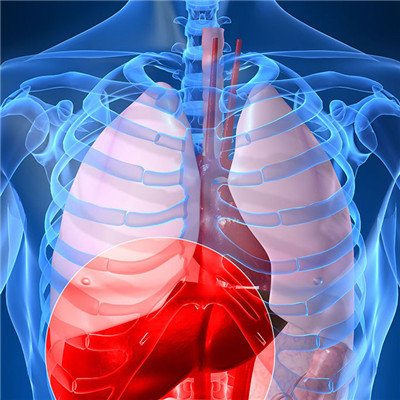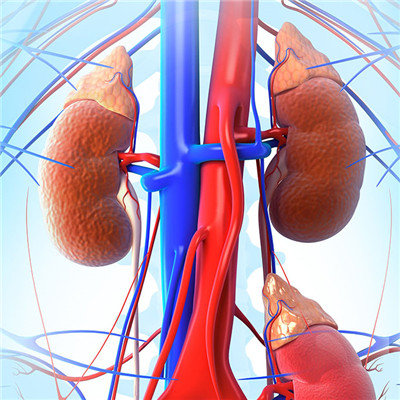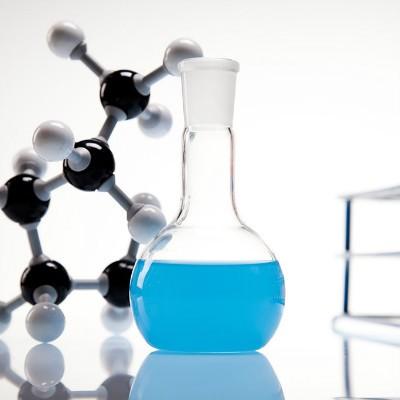Symptoms of hyperthyroidism and hypothyroidism
summary
Hypothyroidism is characterized by occult onset, long course of disease, and lack of specific symptoms and signs in many patients. The main manifestations of hypothyroidism are decreased metabolic rate and decreased sympathetic excitability. Because thyroid hormone deficiency can affect all systems of the whole body, all systems of the whole body are changed during hypothyroidism [1,2]. Thyroid itself can atrophy or swelling, some patients with primary hypothyroidism, if not treated in time, can appear pituitary enlargement, after treatment can recover.
Symptoms of hyperthyroidism and hypothyroidism
Digestive system: decreased metabolism, weight gain. Poor taste, atrophy of gastric mucosa, decreased gastric acid secretion. One third of the patients were positive for gastric parietal cell antibody, and 10% of them were malignant anemia. Gastrointestinal peristalsis weakened, constipation.

Cardiovascular system: decreased myocardial contractility, decreased cardiac output, decreased activity tolerance. Severe cases may have heart failure and pericardial effusion. Blood system: positive cell, positive pigment anemia, decreased hematocrit. Respiratory system: hypoventilation, sleep apnea.

Nervous system: apathy, prolonged reflexes. Reproductive system: decreased fertility and sexual desire. Menstrual disorder or excessive menstruation in women. Other endocrine systems: hypothyroidism primary adrenal insufficiency (Schmidt syndrome). Pituitary hypothyroidism.

matters needing attention
Other manifestations: various intermediate metabolism is low, enzyme clearance is reduced, cholesterol, triglyceride, low density lipoprotein, muscle enzyme concentration is increased. If combined with diabetes, the condition of diabetes is relatively alleviated, and the dosage of insulin and oral hypoglycemic drugs is reduced.











